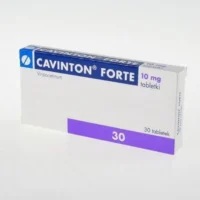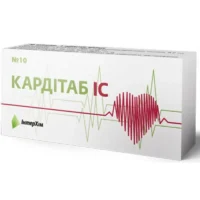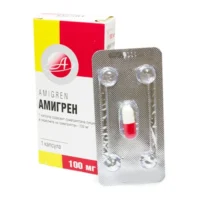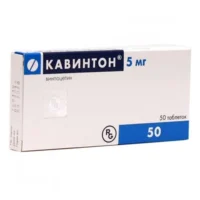Description
Rivastigmin ІC (rivastigmine) Capsules 3 mg. №30
Ingredients
Each capsule contains 3 mg of rivastigmine.
Dosage
The recommended dosage is one 3 mg capsule taken orally twice daily with food.
Indications
Rivastigmine is indicated for the treatment of mild to moderate dementia associated with Alzheimer’s or Parkinson’s disease.
Contraindications
Do not use Rivastigmin ІC if you are allergic to rivastigmine or any other ingredients in the capsules.
Directions
Swallow the capsule whole with water. Do not crush or chew the capsule.
Scientific Evidence
Rivastigmine, the active ingredient in Rivastigmin ІC capsules, is a reversible cholinesterase inhibitor that works by increasing the levels of acetylcholine in the brain. Acetylcholine is a neurotransmitter involved in memory, learning, and other cognitive functions. By inhibiting its breakdown, rivastigmine helps improve cognitive function in patients with dementia.
Several clinical trials have demonstrated the efficacy of rivastigmine in improving cognitive function and slowing the progression of dementia in patients with Alzheimer’s and Parkinson’s disease. A study published in the Journal of Neurology, Neurosurgery & Psychiatry found that rivastigmine treatment was associated with significant cognitive improvement compared to a placebo in patients with mild to moderate Alzheimer’s disease.
Additional Information
- Rivastigmine may cause side effects such as nausea, vomiting, diarrhea, and loss of appetite. Contact your healthcare provider if these side effects persist or worsen.
- It is important to follow the prescribed dosage and administration instructions to maximize the benefits of Rivastigmin ІC capsules.





